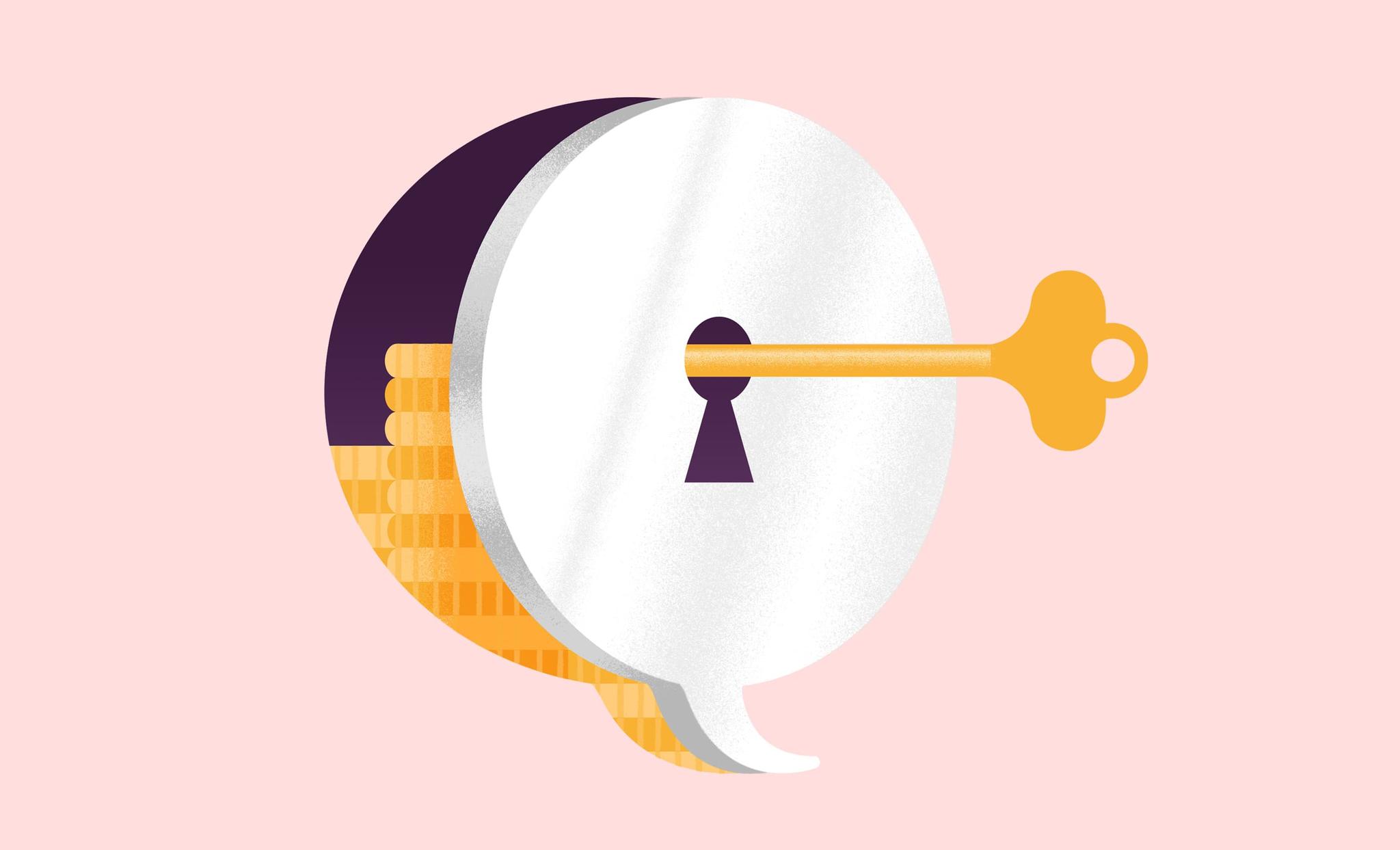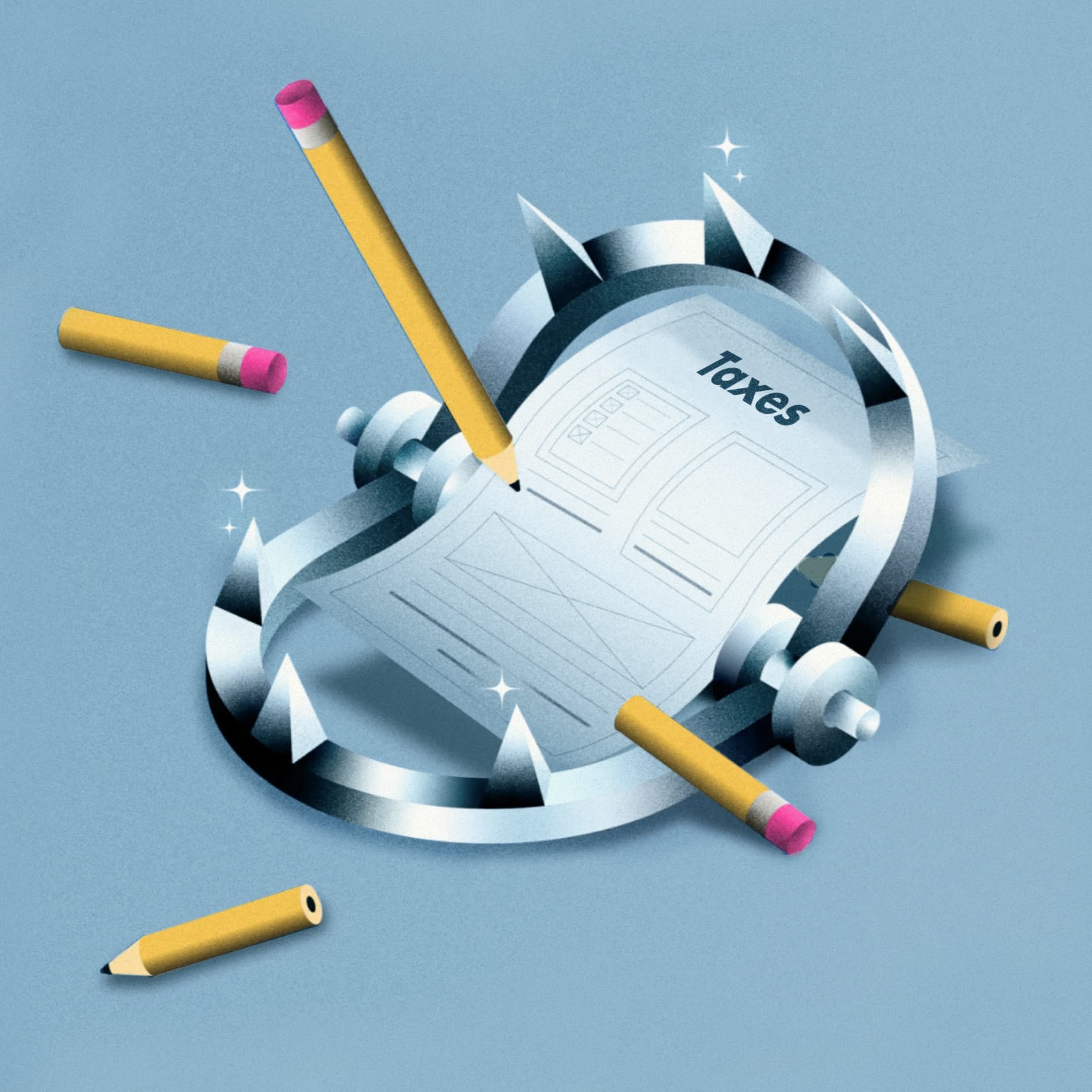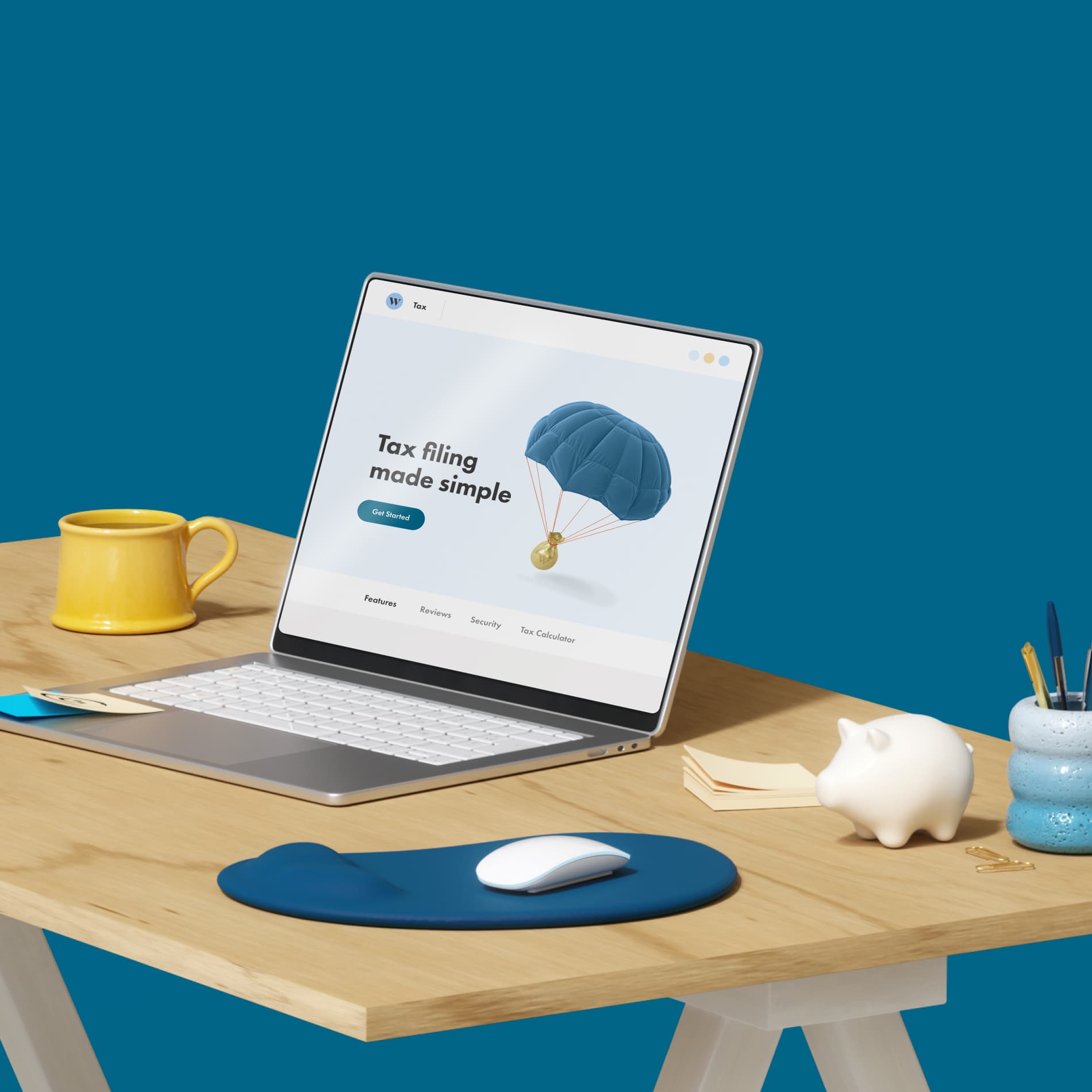
Finance for Humans
How Do I Know When To Start Investing?
Wealthsimple’s Head of Investments and resident financial advice-giver, answers your burning (but totally practical) questions about getting started.
Wealthsimple makes powerful financial tools to help you grow and manage your money. Learn more
Is there a foolproof way to determine whether a person should invest?
There’s a very simple thing called the one-page financial plan that will help determine whether you’re ready. First, write down how much debt you have. If you have debt, especially high-interest debt, pay it off before you do anything else. Second, write down how much of an emergency fund you have. You need three to six months’ worth of expenses socked away in a savings account for a rainy day. Third, write down your contributions to your RSP and TFSA, the two tax-sheltered accounts available in Canada. Those are the three ingredients to taking care of yourself financially. Until you can check those three things off the list, don’t do anything else with your money.
Well, there’s debt, and there’s ugly, awful debt. If I’m carrying low-interest student-loan debt, does that mean I shouldn’t invest until I pay it off?
I always advise people who have debt to pay it off. High-interest debt is a no-brainer—pay off anything over about 5% before doing anything else. If you have debt with a lower interest rate than that, and you have tolerance for some fluctuation (i.e., money you invest doesn’t always go up in value), it might make sense to invest while you're paying down the debt. And I always advise a bias toward getting started over not. Getting started is what’s important. So even if you’re just opening an account with $10, $20, whatever it happens to be, it makes a huge difference down the road. Plus you start to actually understand and appreciate the fluctuations that one can experience in the stock market and understand how it all works, so you’ll have a head start when you’re ready to get more serious.

Sign up for our weekly non-boring newsletter about money, markets, and more.
By providing your email, you are consenting to receive communications from Wealthsimple Media Inc. Visit our Privacy Policy for more info, or contact us at privacy@wealthsimple.com or 80 Spadina Ave., Toronto, ON.
On the Wealthsimple website, I saw something illustrating the hypothetical growth of $25,000. A lot of us just don’t have that kind of cash lying around. How much do I need to start meaningfully investing with you?
Well, if you want to have a perfectly diversified portfolio, at Wealthsimple you need…a dollar. Because we reduced our account minimum to $0, you can put a loonie in and we will put you in a diversified portfolio of Exchange Traded Funds, or ETFs. Because we believe all portfolios are created equal, no matter the size—and because we have technology that allows you to buy fractional shares of any of our ETFs—it’s possible to invest well with us no matter how much money you have.
I remember in my 20s I often didn’t have enough money to go out on weekends and buy myself a drink. Are you honestly suggesting that if I can't go out and have a gin and tonic on the weekends, I’m in any position to be investing?
There are a lot of financial-advice columns that tell you if you cut out your $5 mochaccino or latte and just buy a regular coffee for $2, then you've got $3 a day and there's your starting point. But I think the key to saving is to reward yourself for a good job. When my fiancée and I first started dating, I—being an unapologetic financial nerd—told her to put some money into an RSP, which is basically a tax shelter. Since her taxes had already been taken out of her paycheck, she got a refund: Putting $1,000 into her RSP got her $350 back from the government. I told her to take the $350 and go blow it. And she did. But a funny thing happened. The next year when she put money in, she thought, Well this is fun; now I’m seeing my balance grow. That year, she decided to blow only half of it and invest the other half.
Recommended for you

Markets Have Been Bananas. Is It Time to Hold Defensive Stocks?
Finance for Humans

Nervous About Overheated Stocks? Let’s Revisit Four of Our Best-Ever Insights
Finance for Humans

Learn to Speak Crypto: Lesson One
Finance for Humans

Five Tax Traps — And How, If You Start Now, You Can Avoid Them
Finance for Humans
You wild man. She must have fallen in love with your practicality. OK, but I can’t fight the feeling that investing isn’t all its cracked up to be. I mean, I lived through the financial crisis. Michael Burry, the hedge-fund manager Christian Bale played in The Big Short, who predicted the last financial crisis, has suggested that we’re on the verge of another big one. Aren’t we nuts to be putting our money in markets right now?
I think the simple answer to that is no, you're not nuts. Market movements up and down on a monthly, yearly basis—they’re going to happen, and it’s frankly out of everyone's control. The key is to look at markets over time. There’s a lot of volatility, but they tend to move up. What’s important is to focus on the things that we can actually control: investing regularly instead of all at once, diversifying your portfolio, making sure your investment horizon is long enough. If you do that, you should be able to come through any sort of correction, crisis, whatever you want to call it.
But Burry has also said that he’s investing heavily in water, which scares me to death. I wonder if not only will markets not inevitably rise but also perhaps we’re facing some future that looks like a Mad Max movie. I mean, Donald Trump has a decent shot at becoming president of the United States. That’s scary.
Sure, our future could look scary, at least temporarily. And if we end up in a world that looks like Mad Max, I think we’re going to have far bigger problems to deal with than retirement accounts. But in the last hundred years, we've had world wars, terrorism, depressions, all of these things ebb and flow, and we end up as a global economy stronger on the other side. That said, I think fear is very good thing. Fear creates opportunity in the stock markets. People should embrace it as an opportunity as opposed to being scared of market jitters.
How does fear create economic opportunity?
I think that people who are nervous about Donald Trump being president or some Mad Max scenario are most likely to sell based on emotion and fear and not based on fundamentals. And so any type of fear you see is usually matched with some sort of opportunity that's created for the people who are willing to withstand those market fluctuations.
Isn’t there any argument to be made for sitting on cash, stuffing it in your mattress until the economy looks calmer and a little more hospitable for investing?
No. At that point, you're guaranteed to lose money against inflation. With inflation running at even 1.5% to 2%, you'll consistently end up losing money. Look, there’s never been a moment when it’s felt like the perfect time to get into the market. But the times when it feels like it might be the worst time to get in often turn out to be the best times to invest in hindsight. The kind of passive approach we take is about tuning out the day-to-day noise. It’s rooted in the notion that as a society we inevitably go through periods of pain, but we also inevitably come out the other side. And so whether it’s Trump or China slowing or U.S. interest rates rising or Canada's housing crashing, these events come with market corrections. But they’re normal, and it's healthy, and these setbacks kind of recalibrate the market to be stronger in the future.
Wealthsimple's education team is made up of writers and financial experts dedicated to making the world of finance easy to understand and not-at-all boring to read.





